
Kód: 08775260
African American Religion and the Civil Rights Movement in Arkansas
Autor Johnny E. Williams
What role did religion play in sparking the call for civil rights? Was the African American church a motivating force or a calming eddy? The conventional view among scholars of the period is that religion as a source for social ac ... celý popis
- Jazyk:
 Angličtina
Angličtina - Vazba: Brožovaná
- Počet stran: 177
Nakladatelství: University Press of Mississippi, 2003
- Více informací o knize

Mohlo by se vám také líbit
-

Raving Fortune
402 Kč -

Dynamics of Markets
810 Kč -

Budworth and the Safe Bet
318 Kč -

Crossing the Abyss Made Easy
418 Kč -

Casual Commuter
418 Kč -

My Three Lost Girls
524 Kč -

How to Live on Twenty-Four Hours a Day
238 Kč
Darujte tuto knihu ještě dnes
- Objednejte knihu a zvolte Zaslat jako dárek.
- Obratem obdržíte darovací poukaz na knihu, který můžete ihned předat obdarovanému.
- Knihu zašleme na adresu obdarovaného, o nic se nestaráte.
Více informací o knize African American Religion and the Civil Rights Movement in Arkansas
Nákupem získáte 110 bodů
 Anotace knihy
Anotace knihy
What role did religion play in sparking the call for civil rights? Was the African American church a motivating force or a calming eddy? The conventional view among scholars of the period is that religion as a source for social activism was marginal, conservative, or pacifying. Not so, argues Johnny E. Williams. Focusing on the state of Arkansas as typical in the role of ecclesiastical activism, his book argues that black religion from the period of slavery through the era of segregation provided theological resources that motivated and sustained preachers and parishioners battling racial oppression. Both religious beliefs and the African American church itself were essential in motivating blacks to act individually and collectively to confront their oppressors in Arkansas and throughout the South. Drawing on interviews, speeches, case studies, literature, sociological surveys, and other sources, Williams explains how the ideology of the black church roused disparate individuals into a community and how the church established a base for many diverse participants in the civil rights movement. He shows how church life and ecumenical education helped to sustain the protest of people with few resources and little permanent power. Williams argues that the church helped galvanize political action by bringing people together and creating social bonds even when societal conditions made action difficult and often dangerous. The church supplied its members with meanings, beliefs, relationships, and practices that served as resources to create a religious protest message of hope. Johnny E. Williams is associate professor of sociology at Trinity College.
 Parametry knihy
Parametry knihy
Zařazení knihy Knihy v angličtině Humanities History Regional & national history
1100 Kč
- Plný název: African American Religion and the Civil Rights Movement in Arkansas
- Autor: Johnny E. Williams
- Jazyk:
 Angličtina
Angličtina - Vazba: Brožovaná
- Počet stran: 177
- EAN: 9781604731866
- ISBN: 9781604731866
- ID: 08775260
- Nakladatelství: University Press of Mississippi
- Hmotnost: 339 g
- Rozměry: 229 × 152 × 12 mm
- Datum vydání: 16. July 2003
Oblíbené z jiného soudku
-
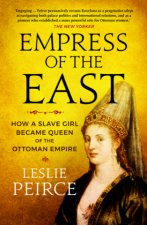
Empress of the East
334 Kč -

Beyond Band of Brothers
383 Kč -

Conquest of New Spain
333 Kč -

Histories
325 Kč -

Families Who Made Rome
433 Kč -
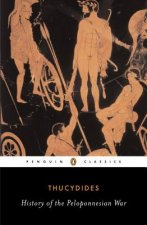
History of the Peloponnesian War
377 Kč -

Seven Military Classics Of Ancient China
516 Kč -

Butchering Art
288 Kč -

Great Game
383 Kč -

Private Lives of the Tudors
383 Kč -
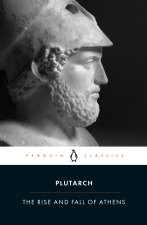
Rise And Fall of Athens
401 Kč -
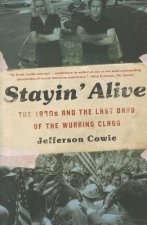
Stayin' Alive
505 Kč -

Egypt, Canaan, and Israel in Ancient Times
1541 Kč -
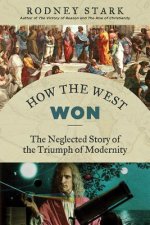
How the West Won
381 Kč -

Learning to Eat Soup with a Knife
480 Kč -

Hezbollah
425 Kč -
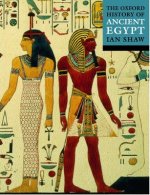
Oxford History of Ancient Egypt
558 Kč -

Quest for Decisive Victory
951 Kč -

Traveller's History of Southeast Asia
322 Kč -

Great Britain's Great War
323 Kč -
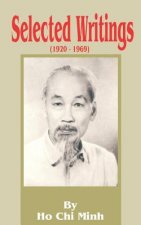
Selected Writings 1920-1969
796 Kč -

Kublai Khan
309 Kč -

Syria
316 Kč -
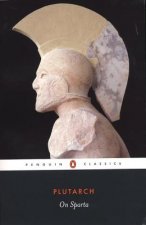
On Sparta
334 Kč -
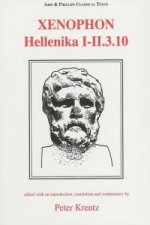
Xenophon: Hellenika I-II.3.10
831 Kč -

Diary of Samuel Pepys: A Selection
493 Kč -

Knight Hospitaller
439 Kč -

Knight Hospitaller
439 Kč -
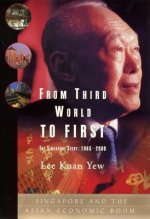
From Third World to First
690 Kč -

Concise History of Romania
626 Kč -

Hundred Years' War on Palestine
318 Kč -

Ten Myths About Israel
317 Kč -

Ethnic Cleansing of Palestine
347 Kč -

Decline and Fall of the Roman Empire
121 Kč -

Rise And Fall Of The Third Reich
534 Kč -

The Balkans, 1804-2012
508 Kč -

History of Nepal
725 Kč -

Strange Death of Europe
374 Kč -

Diana: Her True Story - In Her Own Words
298 Kč -

The Secret Diaries Of Miss Anne Lister: Vol. 1
304 Kč -

Secret History
299 Kč -

Medieval Monsters
259 Kč -

Citizens
508 Kč -

Dictatorland
298 Kč -

Memoirs from the House of the Dead
261 Kč -

Maurice's Strategikon
736 Kč -
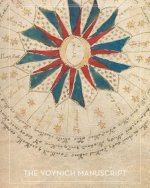
Voynich Manuscript
990 Kč -

Last Voyage of the Lusitania
437 Kč -
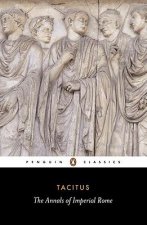
Annals of Imperial Rome
334 Kč
Osobní odběr Praha, Brno a 12903 dalších
Copyright ©2008-24 nejlevnejsi-knihy.cz Všechna práva vyhrazenaSoukromíCookies



 Vrácení do měsíce
Vrácení do měsíce 571 999 099 (8-15.30h)
571 999 099 (8-15.30h)